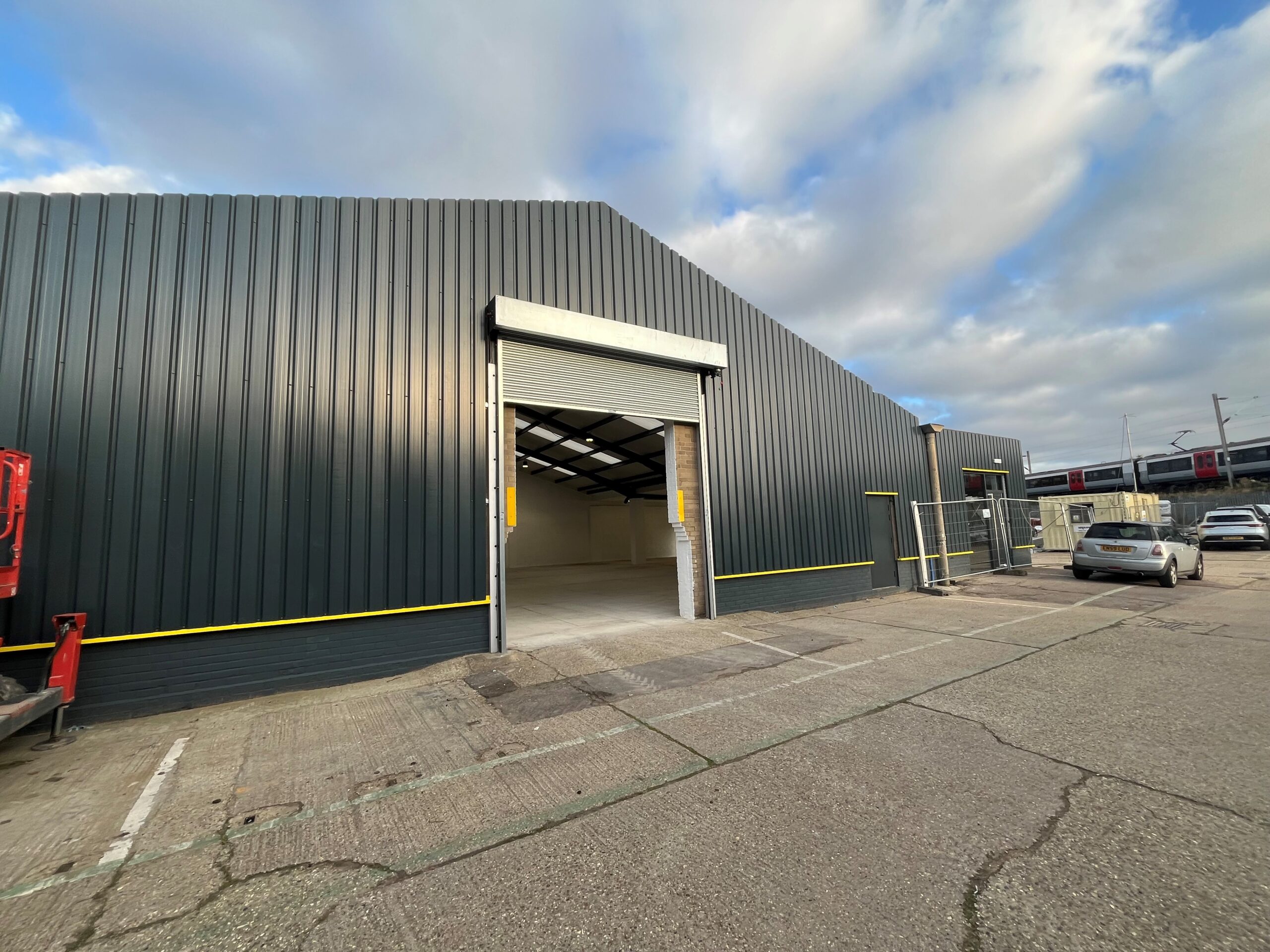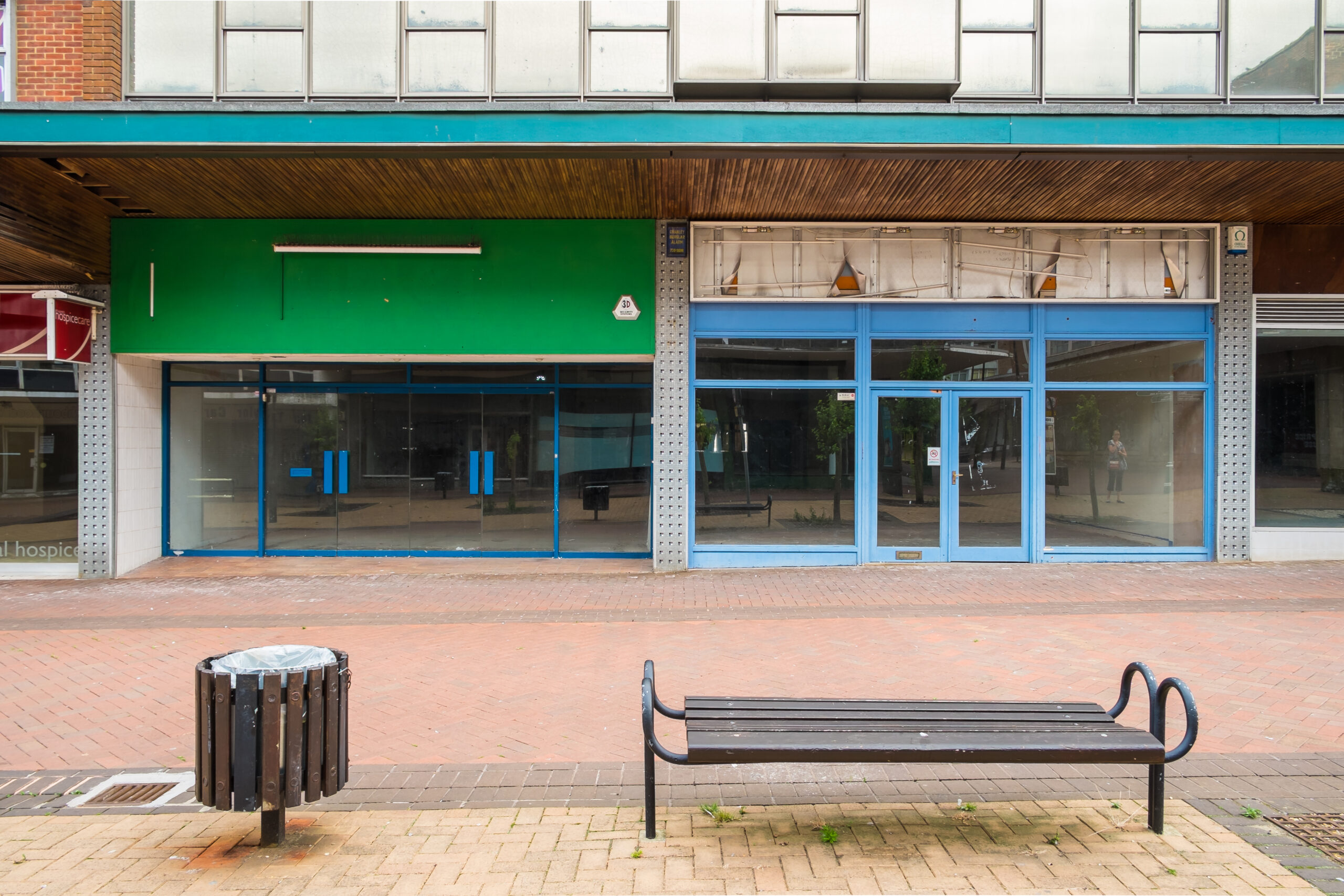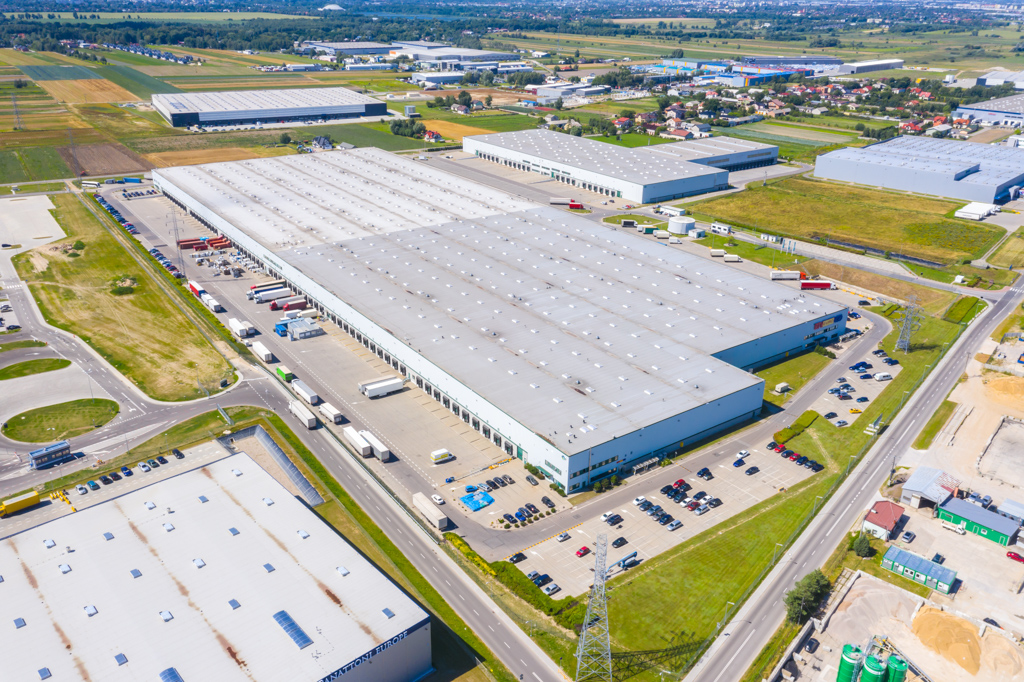Market conditions play a key role in how landlords approach commercial lease renewals.
In a strong market, securing an early renewal can help lock in higher rents and reduce vacancy risks. In a weaker market, delaying negotiations may seem attractive, but can backfire if a tenant decides to walk away. Striking the right balance requires early planning and a clear strategy.
At Whybrow, we help landlords and property owners assess their options, set informed strategies, and avoid costly legal or financial missteps.
In this guide, we’ll walk through the key steps, considerations, and common pitfalls landlords should watch for during a lease renewal.
What is a Commercial Lease Renewal?
Is your lease expiring soon? If so, reviewing its terms carefully is the first step to understanding your options.
A commercial lease renewal refers to the process of extending an existing lease agreement between a landlord and a tenant. It’s different from a brand-new lease because it typically involves renegotiating the current terms rather than starting from scratch.
One of the first things to check is whether the lease is protected under the Landlord and Tenant Act 1954. If it is, the tenant has a legal right to request a renewal unless the landlord can prove specific grounds to refuse. If the lease was contracted out of the Act (Section 30), the tenant has no automatic right to a new lease once it expires.
Understanding the legal status of your lease is essential. Seeking professional advice will make sure your renewal is handled properly and in your best interests.
When to Start the Lease Renewal Process
It’s recommended that commercial landlords begin the process 12 to 18 months before the lease expiry date. This gives you enough time to review the lease terms, assess the tenant’s performance, and explore other options, such as regaining possession, redeveloping the property, or re-letting the space on more favourable terms.
Early planning also gives you time to work with building surveyors to assess the property’s condition and manage any dilapidations that could affect negotiations.
Explore Whybrow’s building surveying services and how we can help you coordinate inspections, identify repair obligations, and properly address any issues before renewal discussions begin.
There is also a legal risk if no action is taken. If the lease isn’t protected and no new lease is agreed, tenants staying in occupation could complicate matters. Starting early helps you stay in control and avoid unnecessary complications.
Key Considerations for Landlords During Commercial Lease Renewals
The following key factors shape a successful lease renewal strategy:
Market rent reassessment
Use up-to-date comparables to set a realistic and competitive market rent. Our team of expert valuation professionals can help align your rent expectations with the true market value and local demand.
Length of term
Consider the balance between income stability and future flexibility. A longer lease may offer security, while a shorter term with appropriate breaks can keep your options open.
Break clauses
Review any existing break clauses and consider whether new terms are needed. You may want to remove break options that favour the tenant or introduce breaks that give you more control.
Repair obligations
Renewal is a chance to clarify or strengthen clauses around dilapidations and reinstatement. Ensure the tenant’s responsibilities for repairs and end-of-lease conditions are clearly defined.
Service charge
Check that the service charge terms are still appropriate for how the property is used. You may need to update cost allocations or include new items if usage has changed.
Security of tenure
Decide whether to renew the lease with or without protection under the Landlord and Tenant Act 1954. This will depend on your long-term plans for the property and your relationship with the tenant.
How Lease Renewal Negotiations Work in Practice
Early communication between landlord and tenant is key to setting the tone for a smooth lease renewal. Starting the conversation well before the lease expiry allows both parties to outline their intentions, avoid unnecessary delays, and agree on a strategy that reflects the needs of the property and the market.
The typical negotiation process includes the following stages:
- Reviewing the existing lease and identifying areas for change.
- Reassessing market rent using comparables in the same area.
- Inspecting the property to identify any condition-related issues.
- Proposing revised terms, such as rent, lease length, and break clauses.
- Holding discussions and negotiations until both sides reach an agreement.
Once terms are agreed, drafting the legal documents is typically handled by solicitors. We work closely with legal teams to ensure our clients receive joined-up support throughout the process.
Common Pitfalls When Making Lease Renewal Agreements
Missing key steps can reduce value and give tenants unexpected advantages. Even experienced landlords can lose ground during lease negotiations if they don’t manage the process carefully.
Watch out for the following mistakes:
- Failing to serve notice on time. Missing statutory deadlines can weaken your legal position or allow the tenant to remain on more favourable terms.
- Underestimating tenant bargaining power. In a weaker market, tenants may present evidence to justify lower rent or more flexible terms. Failing to prepare for this can put you at a disadvantage.
- Relying on outdated or incomplete market data. Setting rent based on old comparables can lead to unrealistic expectations. Whybrow uses both on-market and off-market data to support accurate valuations.
- Not using professional support. Handling the renewal without valuers, surveyors, or legal advisers increases the risk of overlooking important details. Learn more about how Whybrow can help.
Why Professional Advice Matters
Poor timing or weak lease terms can lower your property’s value and give buyers room to negotiate down. Professional advice helps you avoid these risks by ensuring your renewal aligns with legal requirements and current market conditions.
At Whybrow, we have decades of experience supporting landlords across Essex and East Anglia with expert valuation, negotiation, and lease advisory services. Find out more about our valuation services and how we can help.
Get Support with Your Lease Renewal Strategy
Every commercial lease renewal is an opportunity to strengthen your position as a landlord, but only if you act early and have the right strategy in place. Tailored advice can help you avoid costly oversights and make informed decisions that protect your income and asset value.
At Whybrow, we take an integrated approach to lease renewals. We combine expertise in lease advisory, valuation, building surveying, dilapidations, and marketing advice if re-letting becomes necessary.
Whether you’re looking to retain a tenant, revise lease terms, or explore alternative options, we can guide you through every step of the process.
Contact Whybrow today for expert guidance on your lease renewal strategy.
FAQs
In what scenarios can a landlord refuse to renew a commercial lease?
Section 30 of the Landlord and Tenant Act 1954 outlines specific situations where a landlord can refuse to renew a protected lease. These include:
- The tenant has failed to pay rent due under the current lease.
- If the tenant breached substantial obligations, such as failing to repair or maintain the property.
- If the landlord intends to occupy the premises for their own business or residential use.
How much does commercial property lease renewal cost?
The cost of a commercial lease renewal varies depending on factors like the complexity of negotiations, professional fees, and whether rent is being reviewed. Costs may also include building surveys, valuation reports, and legal documentation.













